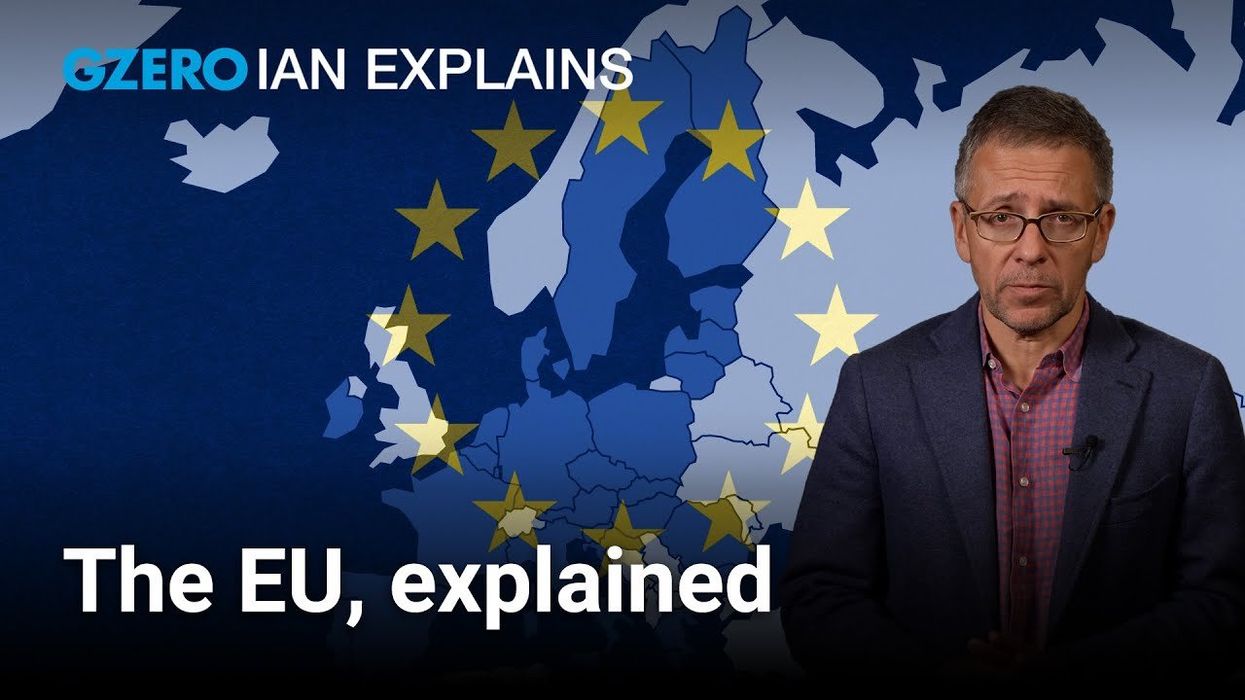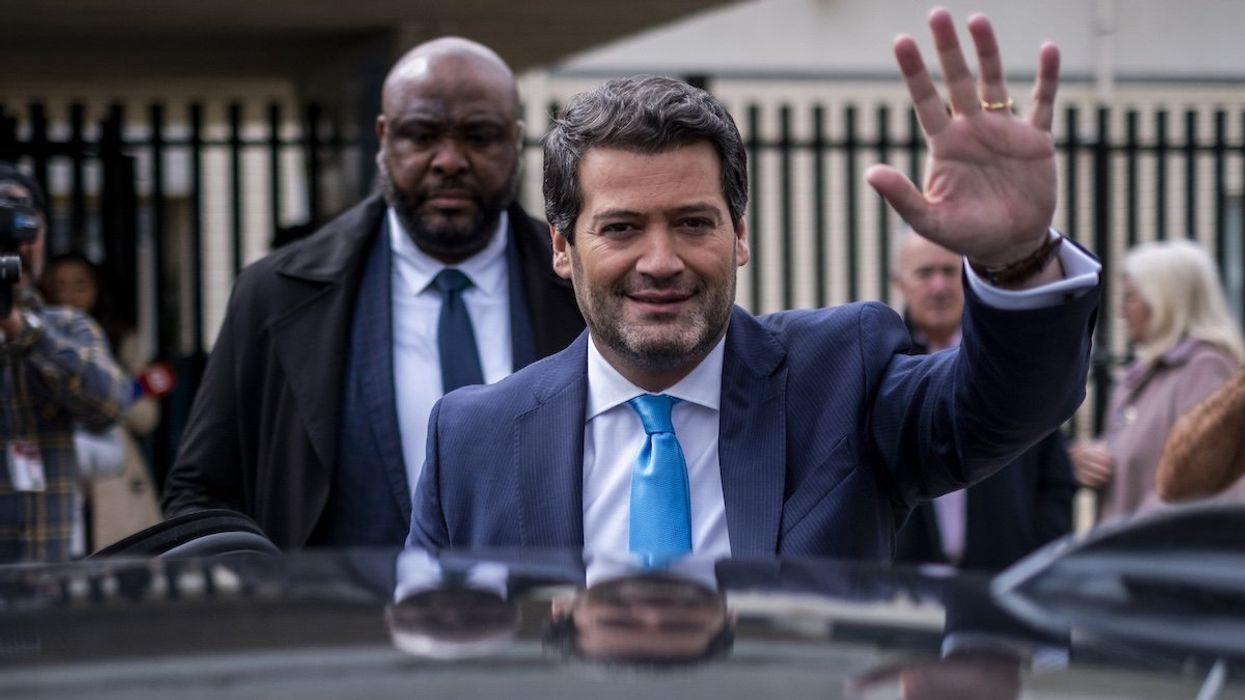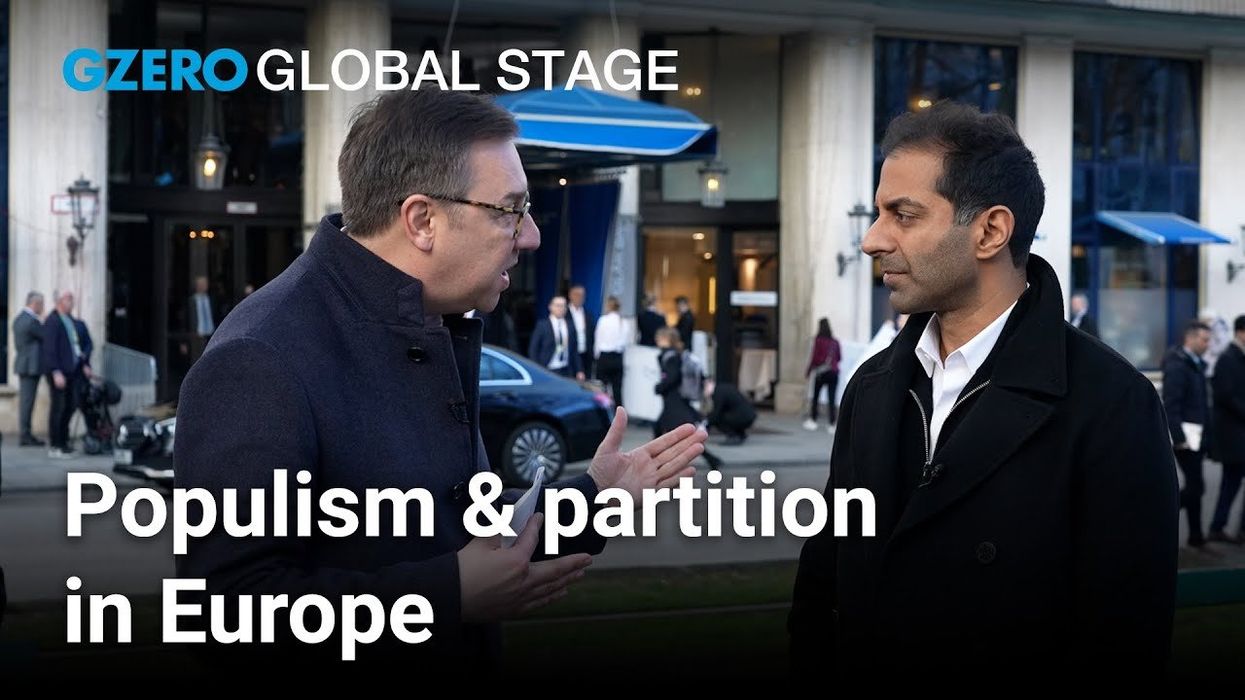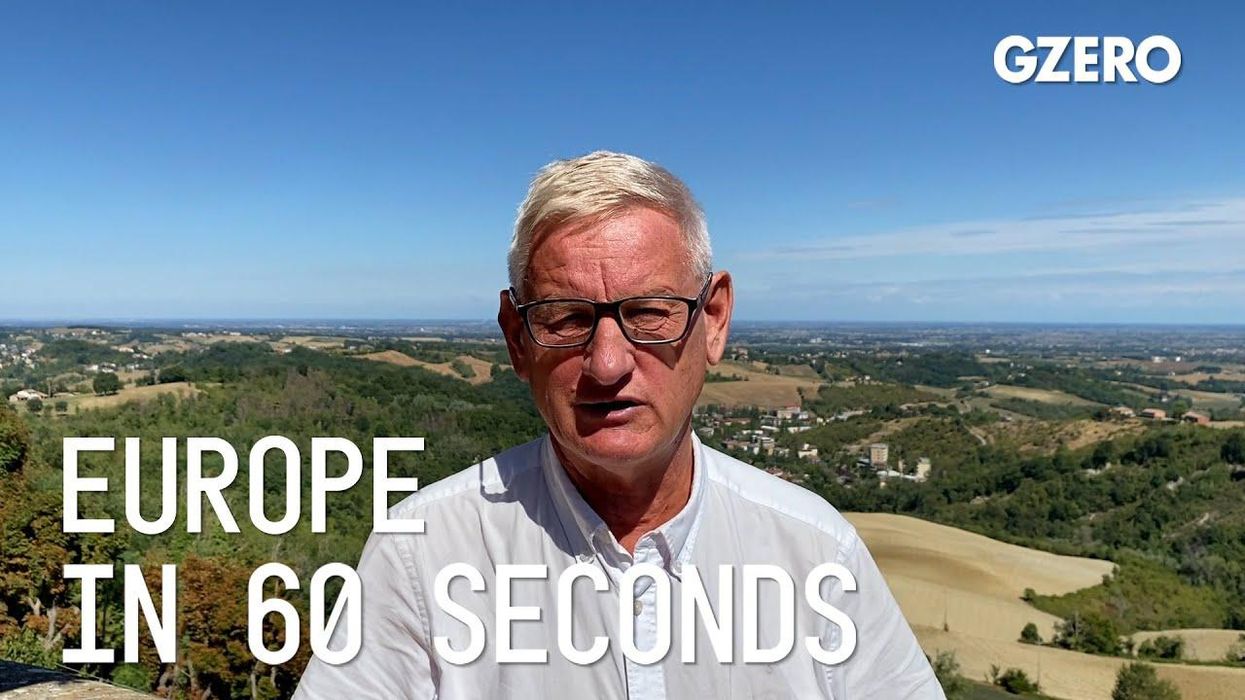GZERO Europe
How will the Trump presidency influence elections in Europe?
How do you believe that the Trump presidency will influence elections in Europe? Carl Bildt, former prime minister of Sweden and co-chair of the European Council on Foreign Relations, shares his perspective on European politics from Stockholm, Sweden.
May 06, 2025






